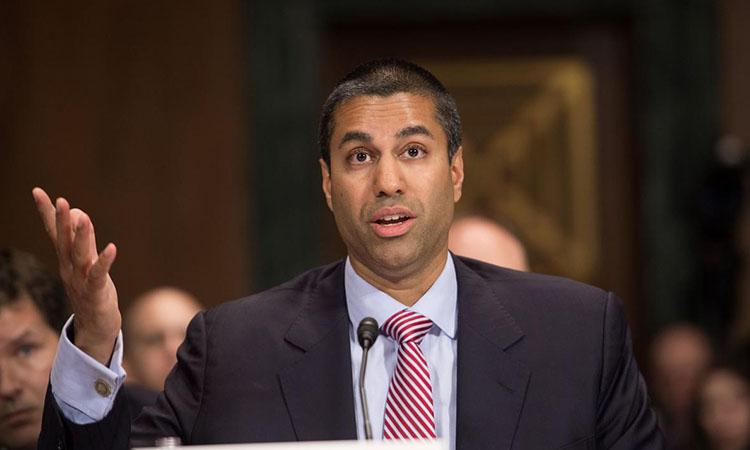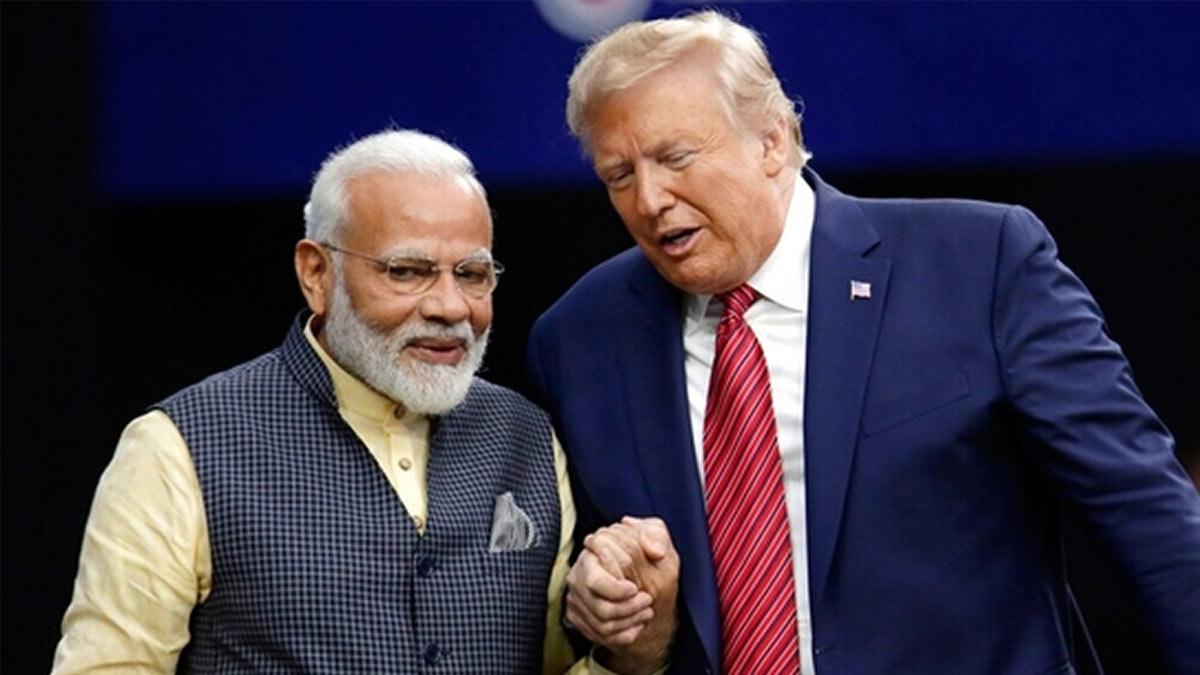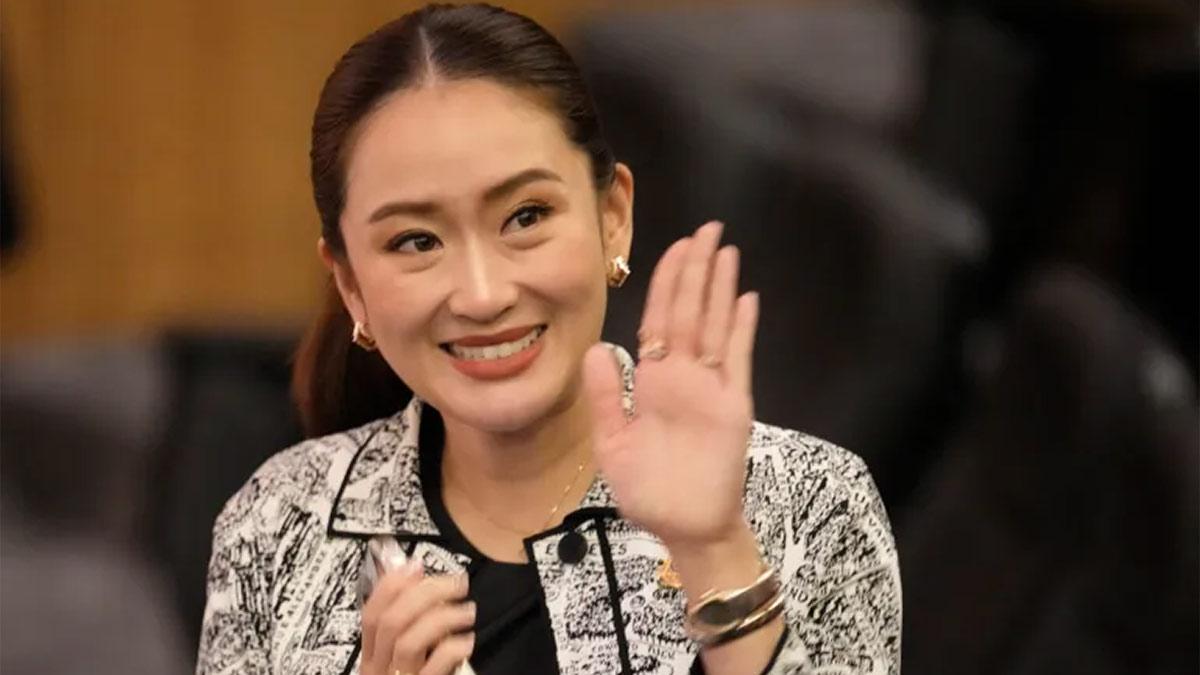Ajit Pai, the Chairman of the Federal Communications Commission (FCC) announced on Monday that he will resign from his position on January 20, when President-elect Joe Biden will take over as President.
He is one of the senior-most-Indian-American official appointed by President Donald Trump.
While announcing his departure, Pai said in a statement that he was proud of “aggressively protecting our communications networks from national security threats at home and abroad.”
He had a strong stance on banning the telecom infrastructure equipment made by Chinese manufacturers Huawei and ZTE in the US because of the national security risks.
He also campaigned for other democracies to shut out those companies.
What drew the most attention during Pai's tenure was his controversial plan to end net neutrality, a decision that faced strong opposition from many and played into the national polarisation to the extent of getting death threats against his children.
Net neutrality prevented internet service providers from giving special preferences to certain web sites or priority or better access to web sites in exchange for payment.
About ending net neutrality and pursuing deregulation, Pai said that under his leadership "this FCC has not shied away from making tough choices. As a result, our nation's communications networks are now faster, stronger, and more widely deployed than ever before".
He was first appointed a Commissioner of the FCC by then-President Barack Obama in 2012 to represent the Republican Party and made chairman by Trump in 2017.
While banning the Chinese manufacturers in June, he told a Fox Business TV interviewer: "These two companies, Huawei and ZTE, had ties to the Chinese Communist Party, had ties to China's military apparatus, the People's Liberation Army.
"And in addition to that, they are obligated, under Chinese law, if they get a request from the Chinese secret police, the intelligence services, they must comply with it."


















